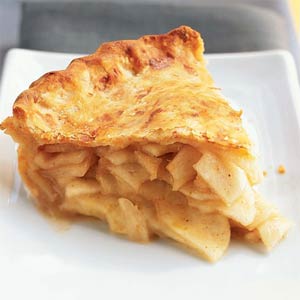Understanding Sleep-Related Eating Syndrome
 There are two types of nighttime eating disorders the first is called sleep-related eating syndrome and night eating syndrome.
There are two types of nighttime eating disorders the first is called sleep-related eating syndrome and night eating syndrome.
Sleep-Related Eating Syndrome
Sleep-related eating syndrome is a rather unusual eating disorder. The individual who suffers from this lesser known eating disorder will eat while in a dozing or sleepwalking state. For example they may wake up in the morning and find a box of cereal on the table and an empty dirty bowl sitting next to it or they may wake up to find cookie crumbs and a half a bag of cookies in their bed. Having absolutely no recollection of eating the cereal or cookies. This can be very upsetting to the individual and even cause some anxiety issues. The individual should seek mental health therapy to understand why this is happening to them and find a resolution to the problem.
Conclusion
Mental health professionals are not sure what causes sleep-related eating disorder but they do believe it may be stress related, as most individuals who suffer from this condition do not eat in their sleep every night.
 Eating Disorder Self Test. Take the EAT-26 self test to see if you might have eating disorder symptoms that might require professional evaluation. All answers are confidential.
Eating Disorder Self Test. Take the EAT-26 self test to see if you might have eating disorder symptoms that might require professional evaluation. All answers are confidential.